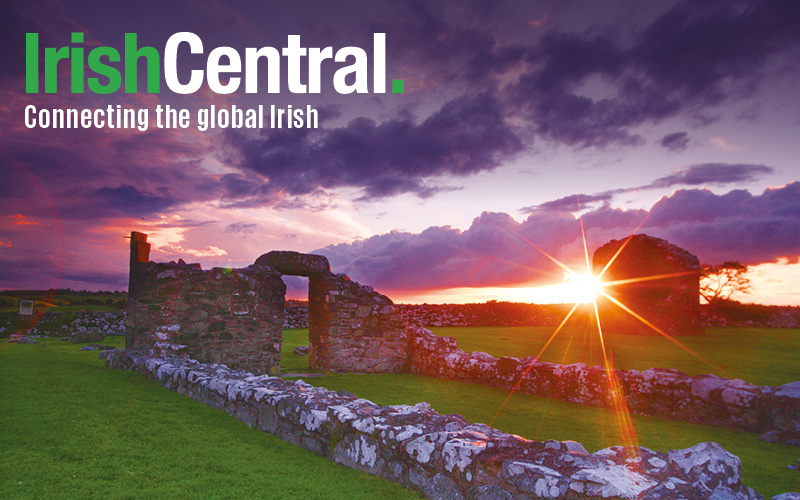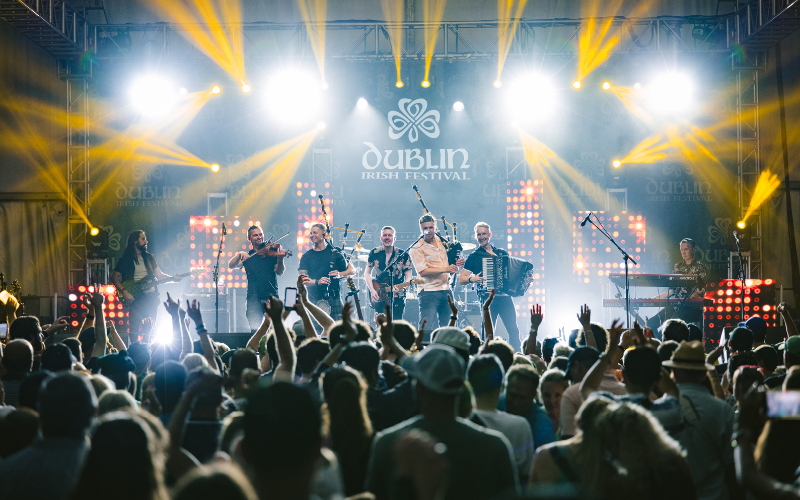FORMER President Bill Clinton held a secret unofficial meeting between Sinn Fein leader Gerry Adams and then Unionist leader David Trimble at the White House during a St. Patrick's Party at the White House in 1993, according to a new book published this week.
Clinton may also have had too much to drink in Belfast in 1995 when he celebrated what he told Senator Edward Kennedy were "the best two days of his presidency."
In Search of Bill Clinton: A Psychological Biography by Johns Hopkins psychologist John D. Gartner (St. Martin's Press) examines the life and career of Clinton from the perspective of a psychologist.
Gartner has broken new ground on several areas on Clinton's mission to bring peace to Ireland. The trip to Belfast was in many ways the culmination of his presidency. It occurred before Monica Lewinsky and was notable for the massive crowds from both communities who turned out for him, crowds that were repeated in Dublin later on his visit.
The highlight was the 1995 lighting of the Christmas tree in Belfast when over 500,000 Unionists and Nationalists alike showed up and sang "Silent Night" together.
The moment made an indelible impression on the president. Next day he confessed to a few too many drinks that night in celebration.
"I was stunned because a hangover is something Bill Clinton's maybe had only two or three times in his life," former press spokesman Mike McCurry is quoted as saying.
It turns out that Clinton stayed up with First Lady Hillary Clinton drinking wine late into that night in their suite after earlier having a few celebratory drinks with staffers and Hillary in the bar of the Europa Hotel where he was staying.
Clinton wanted to move to the famous Crown Bar across the street from the hotel when some staffers were ready to go there. However, it was hardly Secret Service protocol to allow the president of the United States to stroll across the road in what was then still a dangerous city and have a few drinks, so he and Hillary retired to their room for drinks.
The secret meeting with Trimble took place in the White House residence, away from the St. Patrick's Party that was going on downstairs.
"He tried at one point to broker a little tete a tete between myself and David Trimble," Adams remembers in the book. "He took us to his private quarters and told us about how this desk had been used for a hundred years, and how so and so had used this office, and it was all very dazzling."
Clinton then left the two men alone in the room, leaving "an awkward silence" that he hoped would be broken by them eventually deciding to communicate.
Adams says he tried to warm Trimble up. There was a "huge crystal decanter of some fabulously rare whisky on the desk," and Adams said, "Oh I'm going to take a drop," and invited Trimble to join him.
"I couldn't possibly," said Trimble, looking away, and a rare opportunity for dialogue was lost.
During his Belfast visit Clinton was determined to show evenhandedness towards both communities. His security people were petrified he would become a target. He wore a bulletproofed trench coat as a precaution.
The Protestant community, however, seemed far less welcoming to the U.S. leader.
"You could feel the motorcade had crossed the line," said McCurry, describing how the motorcade passed into the Protestant Shankill road section. "There was a noticeable chill in the air. It was very, very eerie."
Clinton, however, charmed them too. Violet Clarke, whose store Clinton visited, was certainly won over.
"I think people on the Shankill thought he was for the Nationalists, but once they heard him speak and everything I think their views changed," she said.
Changing hearts and minds in Ireland was certainly a Clinton accomplishment, as this new book makes clear. Little wonder he is still remembered with great affection over there.




Comments